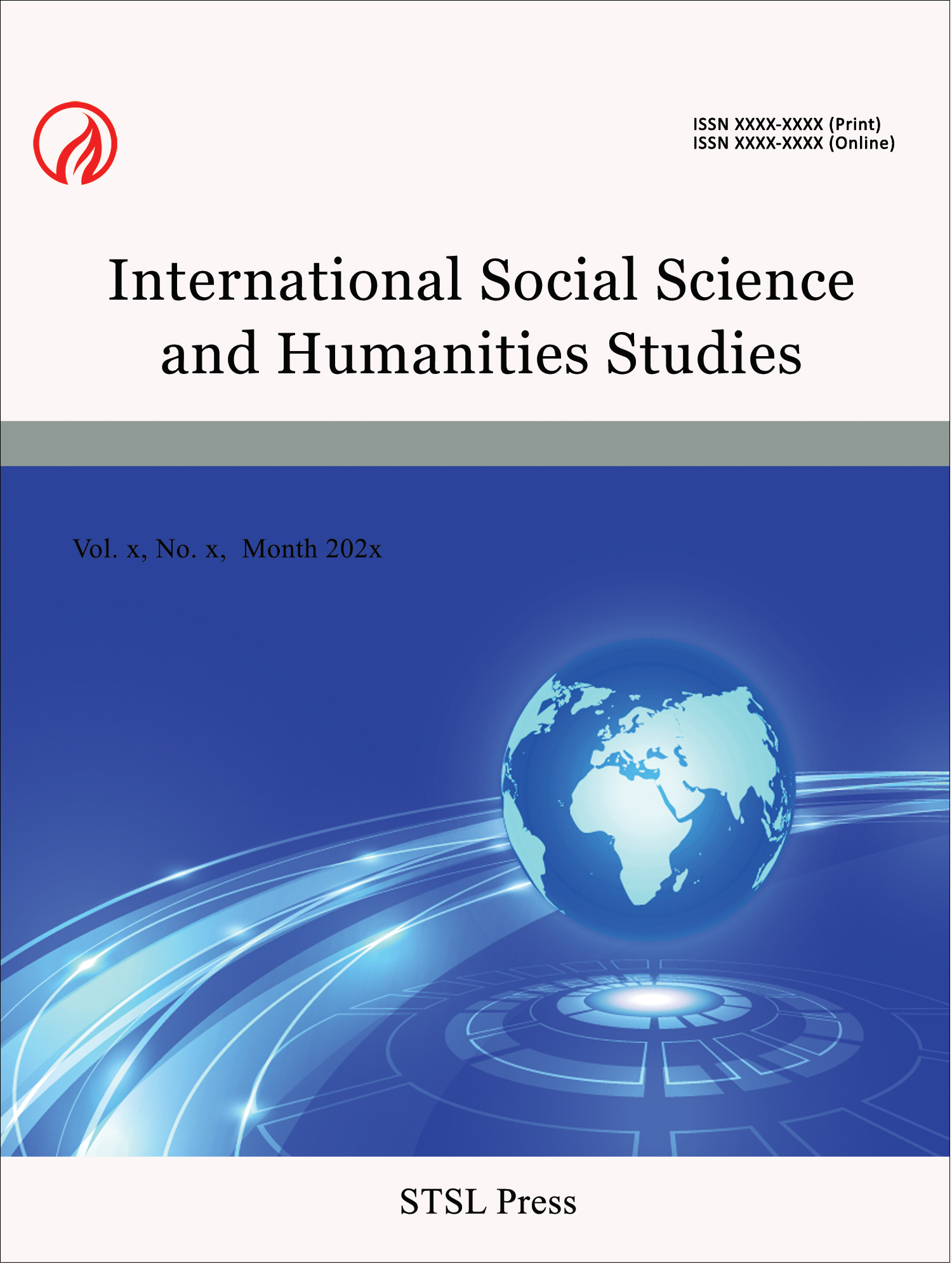The Proliferation of Non-State Armed Groups and Human Security in Nigeria: A Nation at a Crossroads
James E. Archibong
Anthony Ekpoudo
Abstract
The oldest and simplest justification for government is the security and welfare of citizens. To achieve this purpose, the government employs, trains, funds, and equips the army and a police force. Nigeria has in recent years been plagued by violence perpetrated by a multiplicity of non-state armed groups among them insurgents, bandits, separatists, and criminal gangs. Critical public infrastructure has been destroyed, among them power stations, oil installations, and security facilities. People live in constant fear of being kidnapped and killed. Individuals have been abducted from homes, marketplaces, driveways, and public highways across the country, forcing many to flee their homes and abandon businesses. Farmers pay taxes to bandits before accessing their farms. Attacks on schools have left about one million children with little or no access to education. About two million people have been displaced and cannot fend for themselves. The impact on the economy is enormous, threatening food security and means of livelihood. These crimes are driven by a profusion of socio-economic factors such as high unemployment, poverty, failure of governance, and availability of small arms. This paper examines the protracted cycle of violence and its impact on human security in Nigeria. It finds that successive governments have failed in their primary purpose of providing security and ensuring the welfare of the people. It recommends that the government should evolve policies to address Nigeria’s harsh socio-economic conditions, create jobs, and reduce poverty. The government should eliminate illegal arms in circulation and tackle corruption in the security services.
Paper:
pdf
DOI:
https://doi.org/10.71002/isshs.v5n1p1
 This work is licensed under a
Creative Commons Attribution 4.0 License.
This work is licensed under a
Creative Commons Attribution 4.0 License.
Contact us
- Peter Wilson
- isshs@stslpress.org
